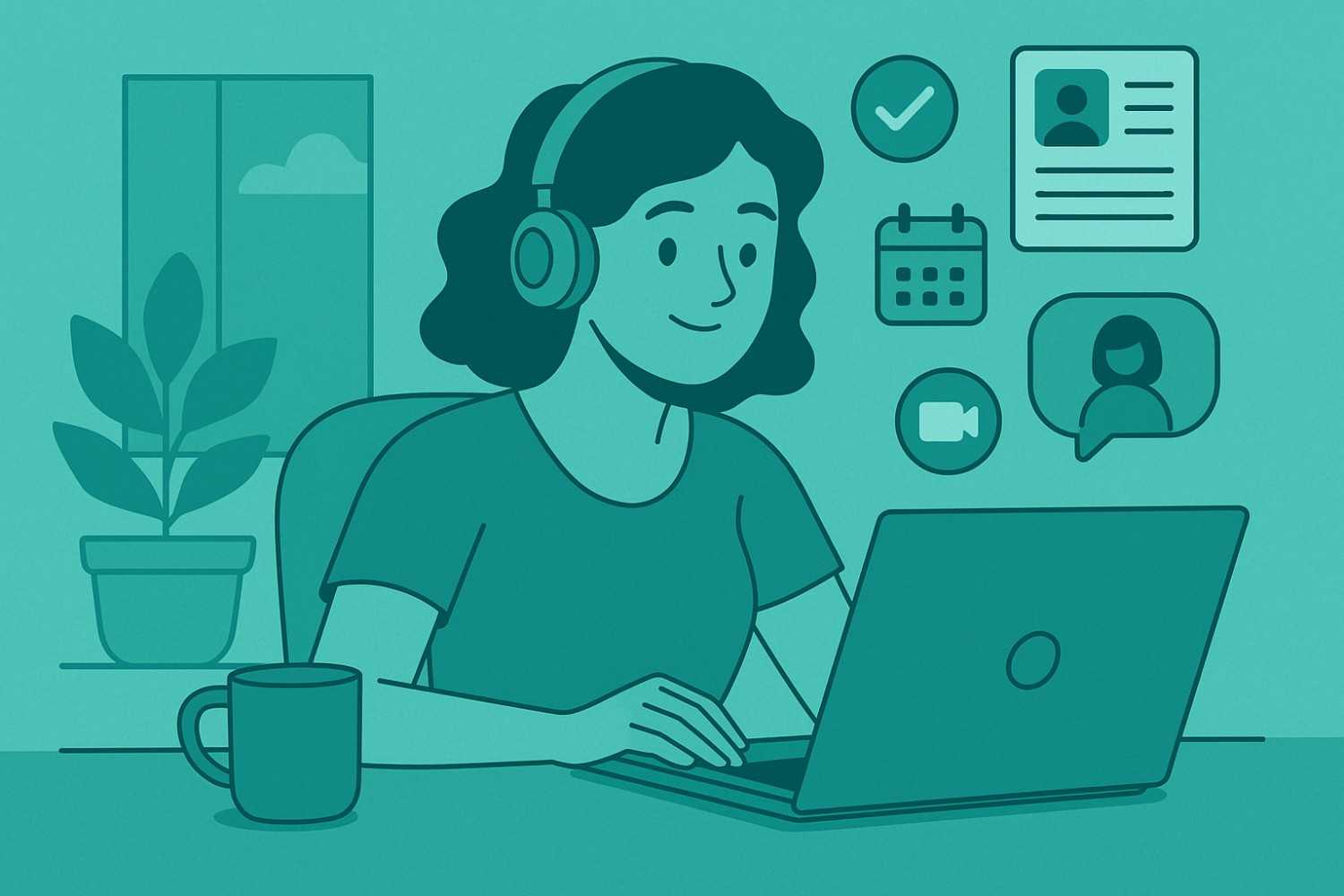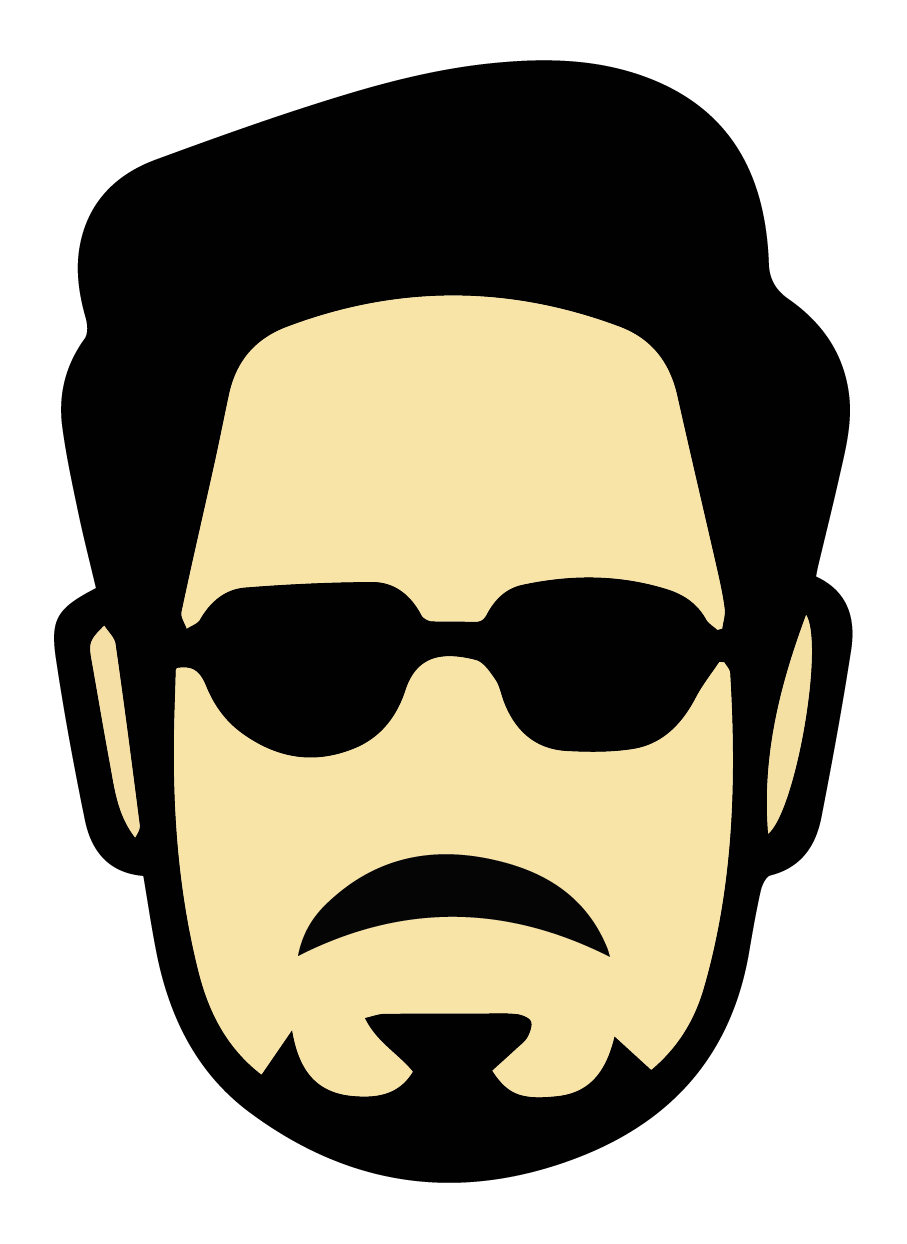Resume and Cover Letter Tips for Internship Applications

Starting your first internship? This in-depth guide covers everything from preparation and daily tasks to networking...

Discover top platforms and strategies to find internships across various industries—tech, finance, healthcare,...

Explore the benefits and challenges of remote internships. Learn actionable tips to prepare, perform, and turn your...
.jpeg)
Starting your first internship? Avoid these 10 common mistakes that freshers make. Learn how to communicate,...

Discover how internships pave the way for full-time job opportunities. Learn how to turn an internship into a...

Understand the pros and cons of paid and unpaid internships. Learn which one suits your career goals and how to make...

Learn how to write resumes and cover letters that get noticed. Real tips, simple steps, and examples for interns and...

Learn how to confidently answer common internship interview questions. Includes practical tips, real examples, and...

Learn the key soft and technical skills that make interns stand out to hiring managers, with practical ways to build...

Learn how to choose an internship that aligns with your long-term career goals. Tips on platforms, self-assessment,...
Resources
-

Set up personalized job alerts to receive notifications about new job openings that match your...
-

Find part-time job opportunities perfect for students, parents, and professionals seeking...
-

Work from home jobs across industries with flexible hours, competitive pay, and real career...
-

Create professional resumes with easy-to-use resume builders. Choose from templates, get...
-

Kickstart your career with internships tailored for students and graduates — explore paid,...
-

Remote jobs have revolutionized how we work, giving professionals the freedom to contribute from...
-

Find the best fresher jobs and entry-level opportunities across IT, Finance, Marketing, and...

If you're applying for internships, your resume and cover letter are the first impression you make. It doesn’t matter if you have experience or not—what matters is how well you communicate your intent, skills, and interest.
This guide walks you through how to build a resume and cover letter that actually helps you get the interview. It's written specifically for students, freshers, and first-time applicants who want to stand out without padding their resumes.
Why These Documents Matter More Than You Think
Recruiters don’t spend more than 30 seconds on an application unless something stands out. If your resume is cluttered or your cover letter is generic, it goes to the bottom of the pile.
A strong resume shows you're serious and know how to present yourself. A thoughtful cover letter can fill in the blanks and show how you think.
Together, they:
- Show you’ve read the job description carefully
- Present you as capable, even without direct experience
- Create a complete picture of who you are and what you bring
On JobPe, you’ll find many roles open to freshers. Your application should prove you’re ready to start learning on the job.
How to Write a Resume When You Have No Experience
Writing a resume without job experience is common for interns. It’s about shifting the spotlight to what you do have.
Think about:
- Class projects
- Certifications
- Personal challenges or mini-projects
- Events you’ve helped organize
- Your writing, coding, design, or research skills
You don’t need a job title to show responsibility or creativity.
Use a Simple Format
Your resume needs to be easy to read. Stick to clean sections, use the same font throughout, and avoid fancy layouts. Hiring managers don’t care about visuals—they want relevant information fast.
Suggested structure:
- Contact Info
- Summary (1–2 lines)
- Education
- Projects
- Skills
- Certifications
- Activities / Volunteering
Use a resume builder to do this quickly without stressing about formatting.
What to Put in Each Section
Contact Information
- Full name
- Phone number
- LinkedIn profile
- Portfolio or GitHub (if applicable)
Summary
Optional, but helpful if you’re pivoting or want to explain your interest quickly.
Example: “Final-year economics student interested in data analytics and finance operations. Seeking an internship in fintech to build real-world experience.”
Education
- Degree and stream
- University/college
- Expected graduation year
- Relevant coursework or GPA (if it helps)
Projects
Even simple ones work—what matters is how you describe them.
Designed a newsletter for my college society using Canva, growing subscribers by 45%
Built a personal website in HTML/CSS to showcase my projects
Created a basic inventory app in Python using Tkinter
Skills
Split into technical and soft skills if possible.
- Technical: Excel, Canva, Python, SQL, Java, Photoshop
- Soft: Teamwork, time management, communication
Certifications
Mention only those that add value to the job you’re applying for.
Extracurriculars
Clubs, competitions, or workshops. These show initiative and interest outside of class.
What Not to Add
Avoid filler that adds no value:
- Full address
- Personal photo
- Objectives like “To learn and grow with the organization”
- Overused buzzwords (“hardworking”, “motivated”, “go-getter”) without examples
Your resume should be one page. Be selective.
How to Write a Cover Letter That Works
This is where most students struggle. A cover letter is not just a repetition of your resume. It’s your chance to talk directly to the person hiring you.
Purpose of a Cover Letter
- Introduce yourself
- Show you’ve read the job description
- Connect your skills and interests to the company’s needs
- Add a personal touch to a formal process
Structure That Makes It Easy to Read
Greeting
If possible, address it to a person. If not, “Dear Hiring Team” is fine.
Introduction
Say where you found the job and why it caught your eye.
Body Paragraph (1–2)
Talk about your academic work, a project, or something that shows you’re a fit. Make it specific. Show, don’t just tell.
Closing
Be polite. Say you’re excited to learn more and thank them for their time.
Cover Letter Example for a Social Media Internship
Dear Hiring Team,
I’m applying for the Social Media Intern role at BrandCore. I found the listing on JobPe and was excited by the opportunity to work with a digital-first brand that values creativity.
As a journalism student, I’ve created content for my college blog and recently started a meme page that grew to 1,000 followers in under a month. I enjoy writing captions, testing formats, and seeing what works. I also completed a short course in digital marketing last month.
I’d love to support your team and grow my skills in a fast-paced environment. Thank you for your time and consideration.
Sincerely,
[Your Name]
Mistakes to Avoid in Resume or Cover Letter
- Typos and formatting issues
- Forgetting to customize the letter
- Talking only about yourself, not about what the company needs
- Writing “To Whom It May Concern” (use “Dear Hiring Team”)
- Using big words instead of clear ones
Even small details can shift a recruiter’s impression.
What Intern Recruiters Actually Look For
They’re not expecting you to be perfect. They want to see:
- That you can follow directions
- That you’ve made an effort to understand the company
- That you’re reliable, coachable, and polite
Everything from the file name of your resume to your email subject line contributes to this impression.
Make Use of the Right Tools
You don’t have to figure everything out yourself. JobPe has tools to help applicants like you:
- Resume Builder: Format and customize your resume for each job
- Mock Interviews: Practice questions before your call
- Auto Apply Tool: Submit to multiple internships faster
- Internship Listings: Filter by remote, paid, and beginner roles
How to Improve Every Time You Apply
Treat each application as practice. With every submission, you learn something:
- How to write tighter lines
- How to frame your story better
- What recruiters respond to
Track what you’ve applied for. Follow up after a week if you haven’t heard back. Ask for feedback if rejected—some will reply.
Resume Tweaks That Make a Big Difference
Sometimes a small shift in phrasing changes how you're seen.
Instead of:
“Participated in college fest planning”
Try:
“Coordinated logistics for a two-day college festival attended by 700+ students”
See the difference? One is passive. The other is active and specific.
How to Frame No Experience in a Positive Way
If you haven’t worked before, talk about what you’ve learned on your own.
- Taught yourself Excel via YouTube
- Created a mood board for a personal design project
- Took part in online debates or writing contests
- Helped your parents’ business with basic social media
These aren’t “jobs,” but they show action.
Closing Thought: Start Where You Are
Your first resume and cover letter might not feel impressive. That’s normal.
What matters is that you’re trying, you’re improving, and you’re learning to present your story in a thoughtful way.
The goal isn’t to look perfect. It’s to look ready.
Internships open doors. Your resume and cover letter are how you knock.
Want help with the next step?
- Browse internships open for application
- Build your resume in under 10 minutes
- Prep for your first interview with confidence
